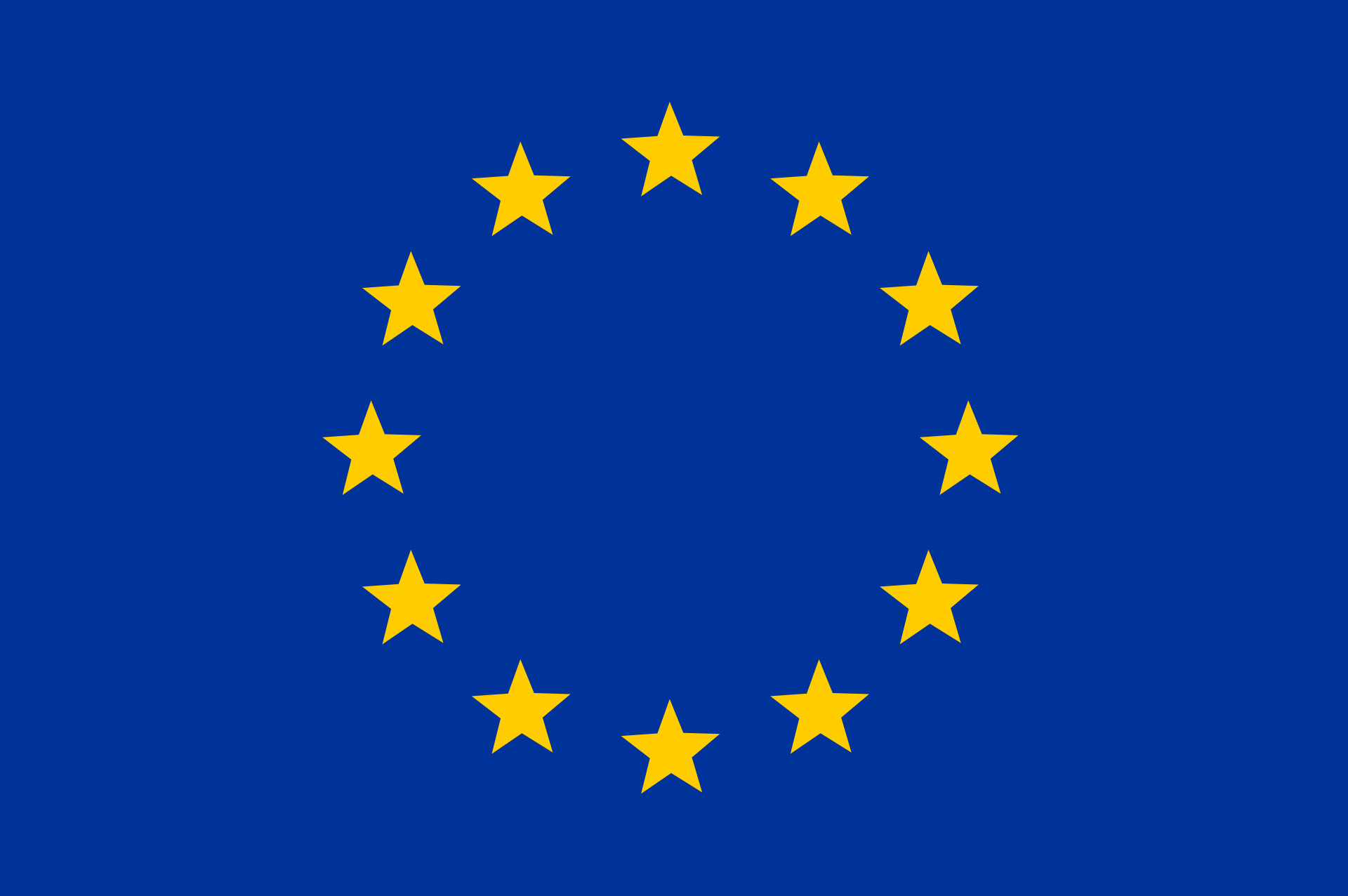Challenges addressed by the project
The research ethics process is facing increasing challenges on a global level. The advent of new and emerging technologies poses hurdles for ethics reviewers who may require additional skills in relevant domains. Furthermore, increased internationalisation of research has led to fears of ethics dumping, questioning researchers and raising ethical questions. Additionally, the lack of standardization in ethics practices across Europe and globally results in varied approaches. These challenges are the focal point of IRECs (Improving Research Ethics Expertise and Competences to Ensure Reliability and Trust in Science), a 36-months under the HORIZON-WIDERA-2021-ERA-01 call EU funded project with a grant of 3.794.733,00 € which seeks to address them.
Main project objective/mission
The overarching goal of IRECs is to improve research ethics expertise and competences to ensure reliability and trust in science. This is achieved by involving a unique blend of expertise, global partners, and European research ethics networks. Additionally, IRECs endeavors to foster awareness of research ethics and develop sustainable, multi-purpose, multi-language interactive training programs tailored for various user groups.
Consortium
Coordinator: UNIVERSITY OF BONN (UBO)
Partners: EARMA, AMSTERDAM UMC (VUMC), UNIVERSITY OF SPLIT (MEFST), EUREC OFFICE GUG (EUREC OFFICE), UNIVERSITY OF VILNIUS (UV), UNIVERSITY OF MAASTRICHT (UM), NATIONAL TECHNICAL UNIVERSITY OF ATHENS (NTUA), FRENCH ALTERNATIVE ENERGIES AND ATOMIC ENERGY COMMISSION (CEA), KARLSRUHER INSTITUTE FOR TECHNOLOGY (KIT), EUROPEAN ASSOCIATION UNIVERSITY (EUA), FUDAN UNIVERSITY (FDU), KOREA ADVANCED INSTITUTE OF SCIENCE AND TECHNOLOGY (KAIST), STICHTING RADBOUD UNIVERSITY (RU), TRILATERAL RESEARCH LIMITED (TRI IE), TRILATERAL RESEARCH LTD (TRI UK), DE MONTFORT UNIVERSITY (DMU), UNIVERSITY OF CENTRAL LANCASHIRE (UCLAN)
Benefits for EARMA community
The EARMA community of research managers and administrators will benefit from this initiative by contributing to:
- Identifying skills needed for the use of emerging technologies in research.
- Producing and implementing training materials and modules for research ethics communities and conducting the established training.
- Offering guidance for research ethics process in Europe.
- Building an inclusive network of EU funded research ethics projects and research integrity projects and ensuring the broader impact of IRECs on a wider scale.
Contact
More information is available on the project website.
Project duration: October 2022 to September 2025
For questions, please contact projects@earma.org.

This project has received funding from the European Union's Horizon Europe research and innovation programme under grant agreement No.101058587.

